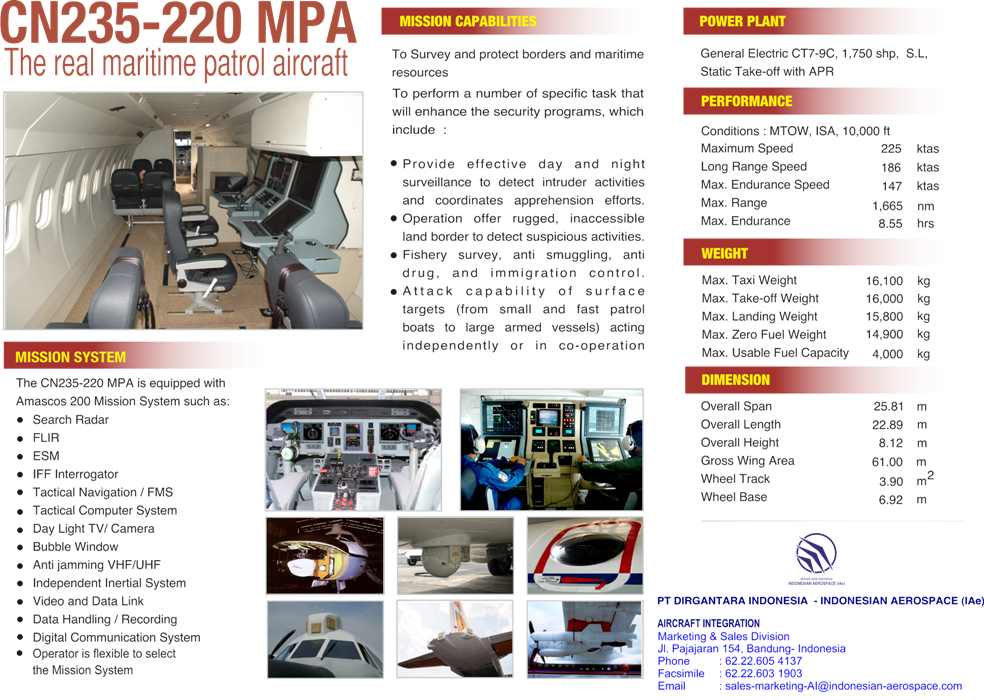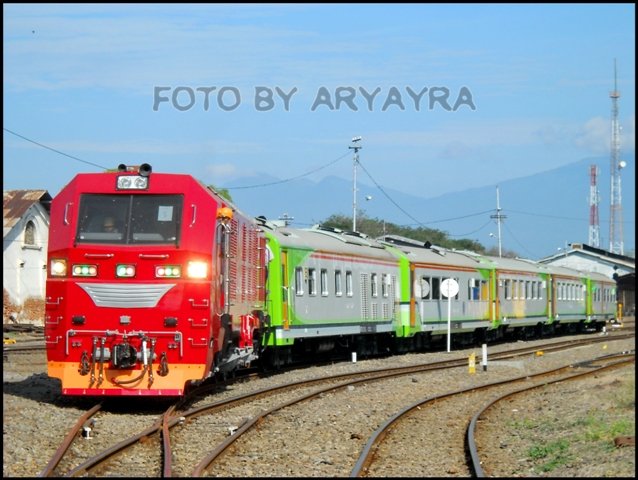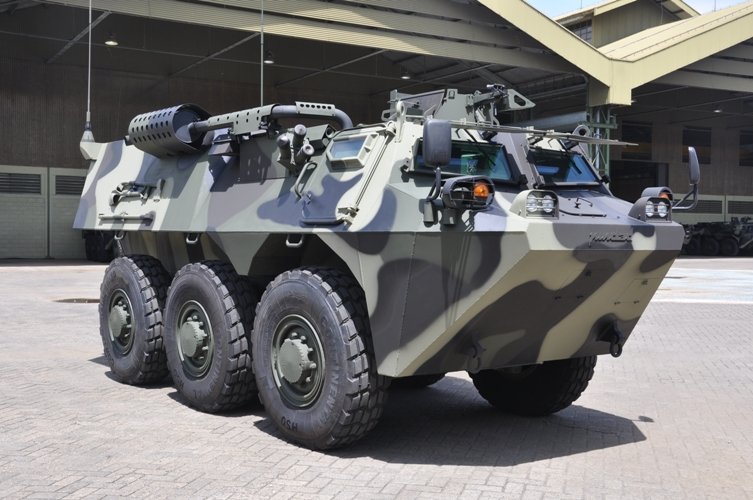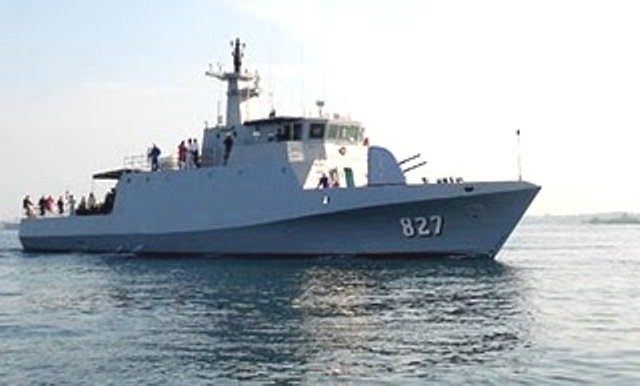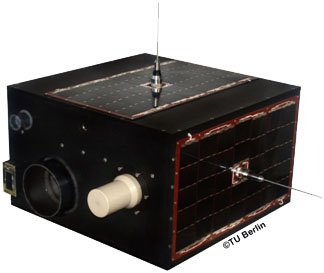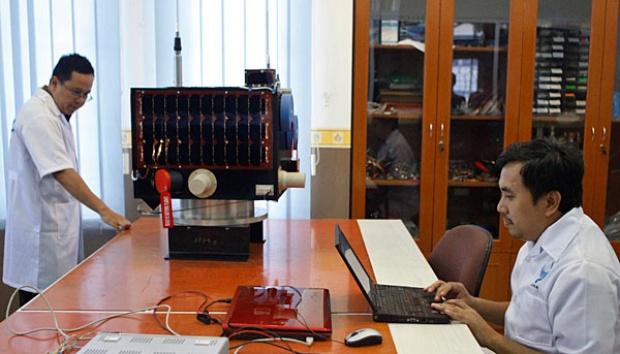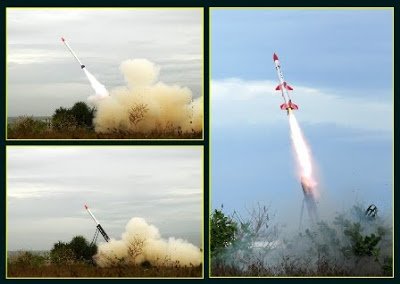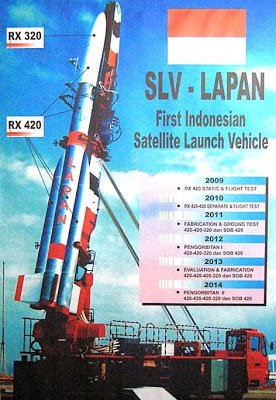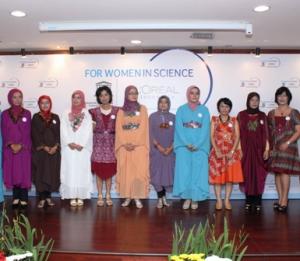ardianto
IB Legend
- Messages
- 8,551
- Reaction score
- 931
- Gender
- Male
- Religion
- Islam
Wa'alaikumsalam, brother.bro Ardianto
I remember watching a program years back talking about Indonesia's strong aircraft manufacturing industry. How is it doing now? How is the quality and the range of aircraft that are made in the country?
Alhamdulillah, Indonesian Aerospace (Dirgantara Indonesia) still exist and even always get contract.
http://malaysiaflyingherald.wordpress.com/2012/08/02/iae-booked-usd-848-million-contract-until-2016/
Yes, Indonesian Aerospace (IAe) is strong because it could survive after collapse due to economic crisis that happened in 1998. Even performance of IAe now is better compared with before economic crisis.
Website : http://www.indonesian-aerospace.com/index.php
Aircraft products : http://www.indonesian-aerospace.com/view.php?m=product&t=aircraft
IAe excellent product for this time is CN-235 that designed together with CASA (now Airbus Military) Spain. The first flight of both countries was in late of 1983 (Spain in November, Indonesia in December). Then both countries develop their own variants. CN -235 that manufactured in Indonesia have been exported to Malaysia, Brunei, Thailand, Philippine, Pakistan, UAE, Burkina Faso, Senegal, and South Korea.
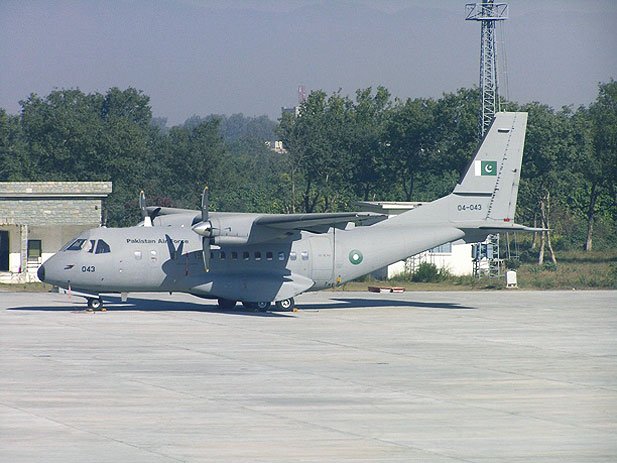
One of four Pakistan Air Force CN-235. Made in Indonesia.
Will Be produced
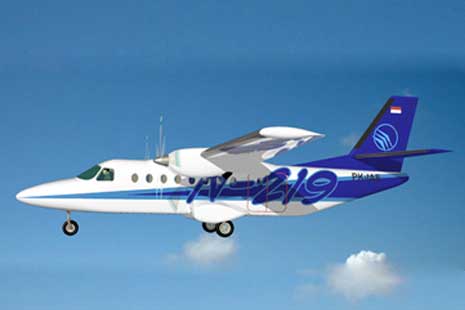
N-219. Light transport aircraft designed by Indonesian Aerospace for multi-purpose missions in remote areas. Have been ordered 20 units.
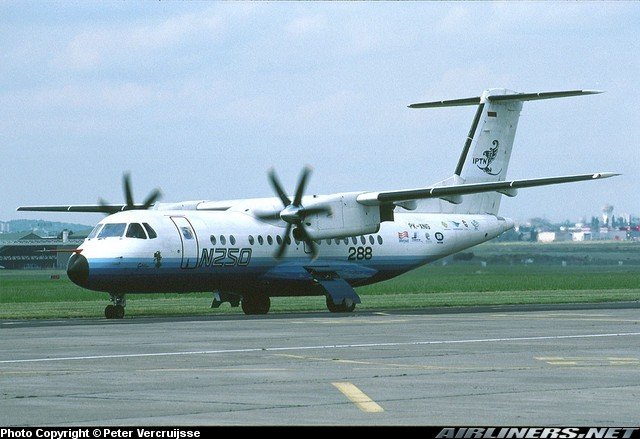
N-250. In 1995 IPTN (now Indonesian Aerospace) have made two prototypes of passenger airplane with capacity 50 seats (N-250) and 68 seats (N-250 100). N-250 program stopped because IPTN was interested to develop jet airplane N-2130. However, N-2130 plan stopped in 1997 due to economic crisis. Now IAe is waiting an order from BJ Habibie to build new version of N-250.

Bacharuddin Jusuf (BJ) Habibie. The third president of Indonesia, and former head of ICMI (Indonesian Muslim intellectual association). Hold 46 patents in aeronautica!
BJ Habibie was designer of N-250. He worked for Messerschmitt-Bölkow-Blohm, Germany with last position as vice president of technology. President Soeharto called him back to Indonesia in 1973 to develop national aircraft industry. He was minister of research and technology until early of 1998. Become vice president for few month, and finally became the third president of Indonesia. IPTN (now IAe) was under his ministry.
Photo galery
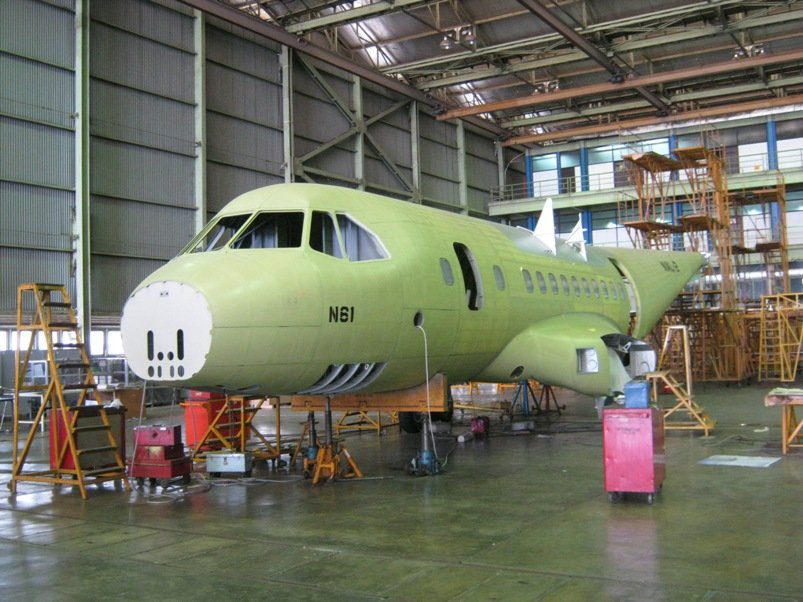
CN-235 under manufacturing process.

Super Puma helicopter under manufacturing process.
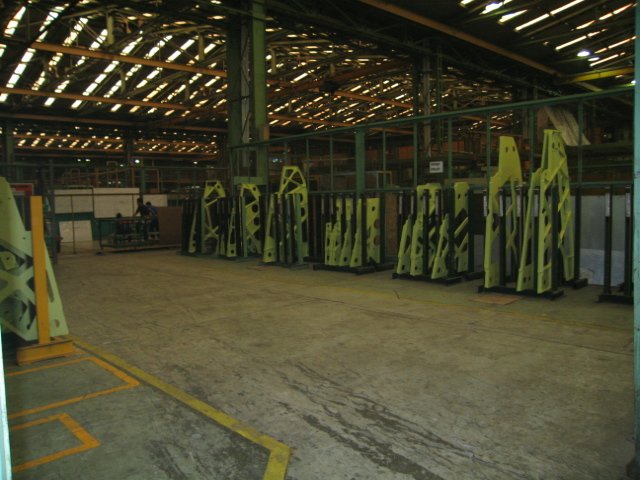
Wing components for Airbus 380.
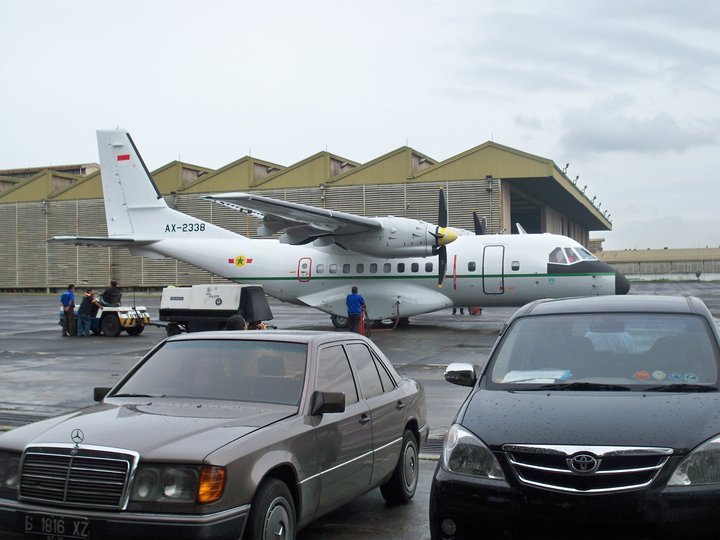
CN-235 that ordered by Senegal.
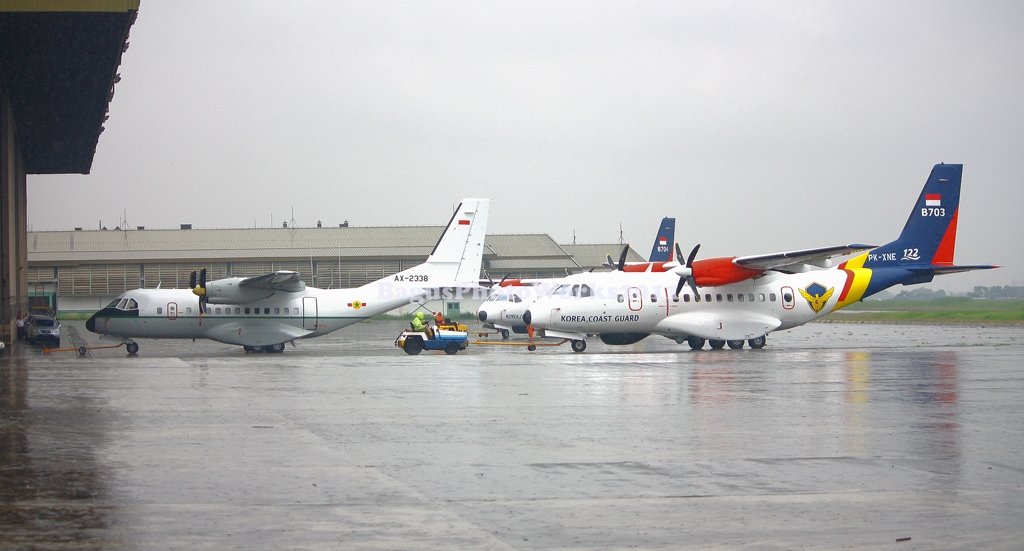
Three CN-235 that ready to deliver to the buyers.
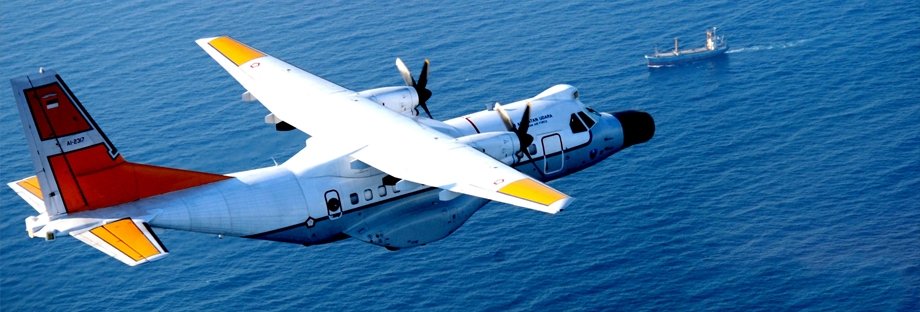
CN-235 220-MPA (Maritime Patrol Aircraft). Variant that developed only by Indonesian Aerospace.
